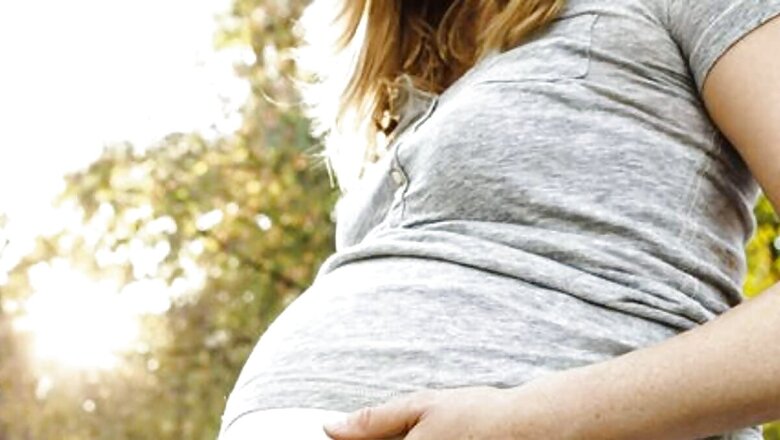
views
Approximately 10 to 15% of couples are impacted by sub-fertility or difficulty to conceive. Recently, it has come to light that lifestyle factors play a pivotal role in the same and by modifying lifestyle behaviors, men and women can be capable of controlling their own fertility potential.
Diet and Body Mass Index
Eating a healthy and varied diet may be a key part of maintaining good reproductive health. In males, antioxidants such as albumin, ceruloplasmin, and ferritin etc have been demonstrated to increase semen quality. A woman’s diet also may affect her ovulation. Studies have shown that women with high “fertility diet” scores included higher amount of vegetable protein, a decreased glycemic or sugar load, and intake of specific multivitamins had lower rates of ovulation disorders. Weight and Body mass index ( BMI) also play crucial factors in fertility. High BMI in males has been associated with erectile dysfunction and decreased concentration of healthy sperms. In women, ovulation is significantly impacted by high BMI.
Smoking
While it is well documented that cigarette smoke contains over 4,000 chemicals, men who smoke tend to have a decrease in total sperm count, motility, normal morphology, semen volume, and fertilizing capacity The reductions in fertility among female smokers may be due to decreases in ovarian function and a reduced ovarian reserve. Problems in ovarian, fallopian tube, and uterine functioning, as well as fluctuations in hormone levels contribute to the infertility observed in women who smoke.
Psychological effects
Stress is a prominent part of any society, whether it is physical, social, or psychological. Infertility itself is stressful, due to the social pressures, testing, diagnosis, treatments, failures, unfulfilled desires, and even financial costs associated with it. Stress and depression are thought to reduce testosterone and luteinizing hormone (LH), and ultimately reduce sperm production. It has yet to be determined if depression causes low testosterone, or if low testosterone can cause depression and it is uncertain which is the cause and which is the effect. Psychological stress, such as anxiety disorder or depression, affects 30% of women also. Fertilization of oocytes decreases due to the increased stress hormone levels. Women who receive support and counseling increase their chances of becoming pregnant. Positive moods are noted to have increased chances of delivering a live baby.
Read all the Latest Lifestyle News here


















Comments
0 comment